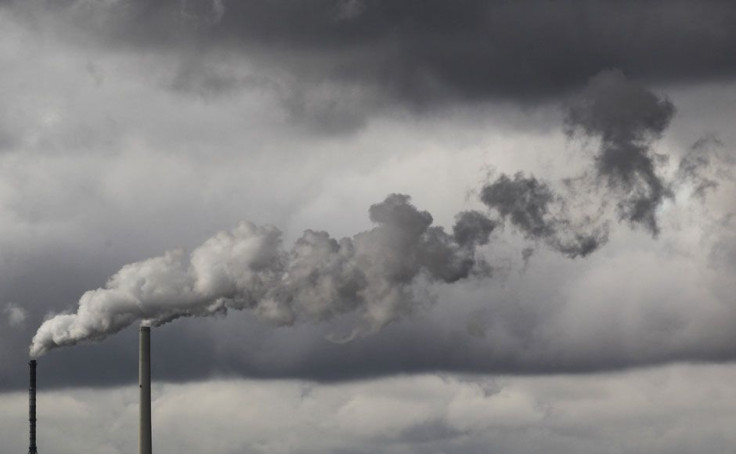Air Pollution Kills Over Two Million People Worldwide Each Year

More than 2 million people die each year around the world because of human-caused air pollution, according to a study appearing in IOP Publishing’s journal Environmental Research Letters Thursday. The authors of the study said climate change has a minimal effect on air pollution, accounting only for a small proportion of current deaths related to air pollution.
According to the study, an estimated 2.1 million deaths annually are caused by man-made fine particulate matter, or PM2.5, which are very small particles in the air that can enter deep into the lungs and cause serious health issues, such as cancer and other respiratory diseases.
“Our estimates make outdoor air pollution among the most important environmental risk factors for health. Many of these deaths are estimated to occur in East Asia and South Asia, where population is high and air pollution is severe,” Jason West, a co-author of the study from the University of North Carolina, said Thursday, according to Phys.org.
The authors estimated that about 470,000 people die each year because of human-caused increases in ozone.
However, they contended, the number of deaths related to climate change since the industrial era is comparatively small. The study indicated that a changing climate results in 1,500 deaths due to ozone and 2,200 deaths due to PM2.5 each year.
The researchers used multiple climate models to simulate the concentrations of ozone and PM2.5 around the world in the years 1850 and 2000. Fourteen models simulated levels of ozone, while six models simulated levels of PM2.5.
The researchers then reviewed earlier studies of air pollution and health to evaluate how specific concentrations of air pollution from the climate models are related to current global mortality rates.
“We have ... found that there is significant uncertainty based on the spread among different atmospheric models. This would caution against using a single model in the future, as some studies have done,” West said.
Recent research by the Proceedings of the National Academy of Sciences indicated worsening pollution in China has enormous impact on the health of its citizens, especially those living in the north of the country. The research revealed that life expectancy is 5.5 years lower for those in northern China than for those in the southern reaches of the country, because of heavy air pollution.
Along the same line, the Organization for Economic Cooperation and Development, or OECD, reported: “If no new policies are implemented, the OECD Environmental Outlook Baseline scenario projects that urban air quality will continue to deteriorate globally. By 2050, outdoor air pollution (particulate matter and ground-level ozone) is projected to become the top cause of environmentally related deaths worldwide.”
© Copyright IBTimes 2025. All rights reserved.






















